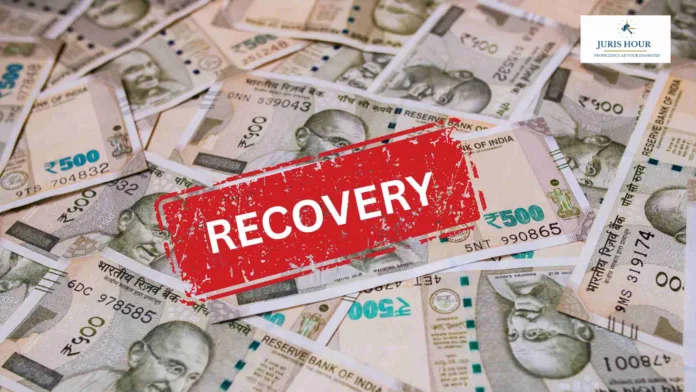The Goods and Services Tax (GST) Department has started issuing notices for the recovery of interest on delayed declaration of outward supplies in GSTR-1 and GSTR-3B. This move has caught many businesses off guard, especially those who assumed that available Input Tax Credit (ITC) would shield them from interest liabilities.
Understanding the Issue
Many businesses file their GSTR-1 and GSTR-3B returns with a time lag, leading to a delayed declaration of outward supplies. Until now, the GST portal’s system only computed interest on delayed tax payments but did not factor in interest on late outward supply declarations.
Example:
- Invoice Date: 01/08/2021
- Declared in: GSTR-1 & GSTR-3B of January 2022
While GSTR-3B auto-computes interest on delayed tax payments, it did not previously compute interest on outward supply declarations reported in later tax periods. However, the GST Department has now addressed this gap through internal software computations and has begun issuing demand notices accordingly.
Key Highlights of the Interest Recovery Notices
Interest is payable even if sufficient ITC was available during the period of supply. The relief provided under Proviso to Section 50(1) applies only when supplies are declared in the same tax period.
No Amnesty Benefit: This interest is categorized as ‘Self-Assessed Interest’, meaning taxpayers cannot avail any relief under the GST amnesty scheme.
No Time Limitation: Unlike demands under Sections 73/74, this interest demand falls under Section 75(12), which does not have a time limitation bar.
Current Notice Trends: Notices have been issued where the interest liability exceeds ₹50,000, but amounts can escalate to several lakhs, particularly for MSMEs and businesses with improper return filings.
Implications for Businesses
- MSMEs and small taxpayers must carefully review their past filings to check for potential interest liabilities.
- Regular reconciliations of outward supplies with GSTR-1 and GSTR-3B can help mitigate future interest burdens.
- Timely declaration of invoices and tax payments will be crucial to avoid interest and penalties.
What Should Taxpayers Do?
- Review past returns to identify any delayed outward supply declarations.
- Assess potential interest liabilities and prepare for notices.
- Consult a GST expert to determine the best course of action in case of receiving a notice.
As the GST Department tightens compliance measures, businesses must stay vigilant and ensure timely return filing to avoid unexpected financial burdens. Stay updated and compliant to avoid hefty interest recoveries!
Read More: Income-Tax Dept. Issues Notices Over Mismatch in High-Value Expenses and Bank Withdrawals

